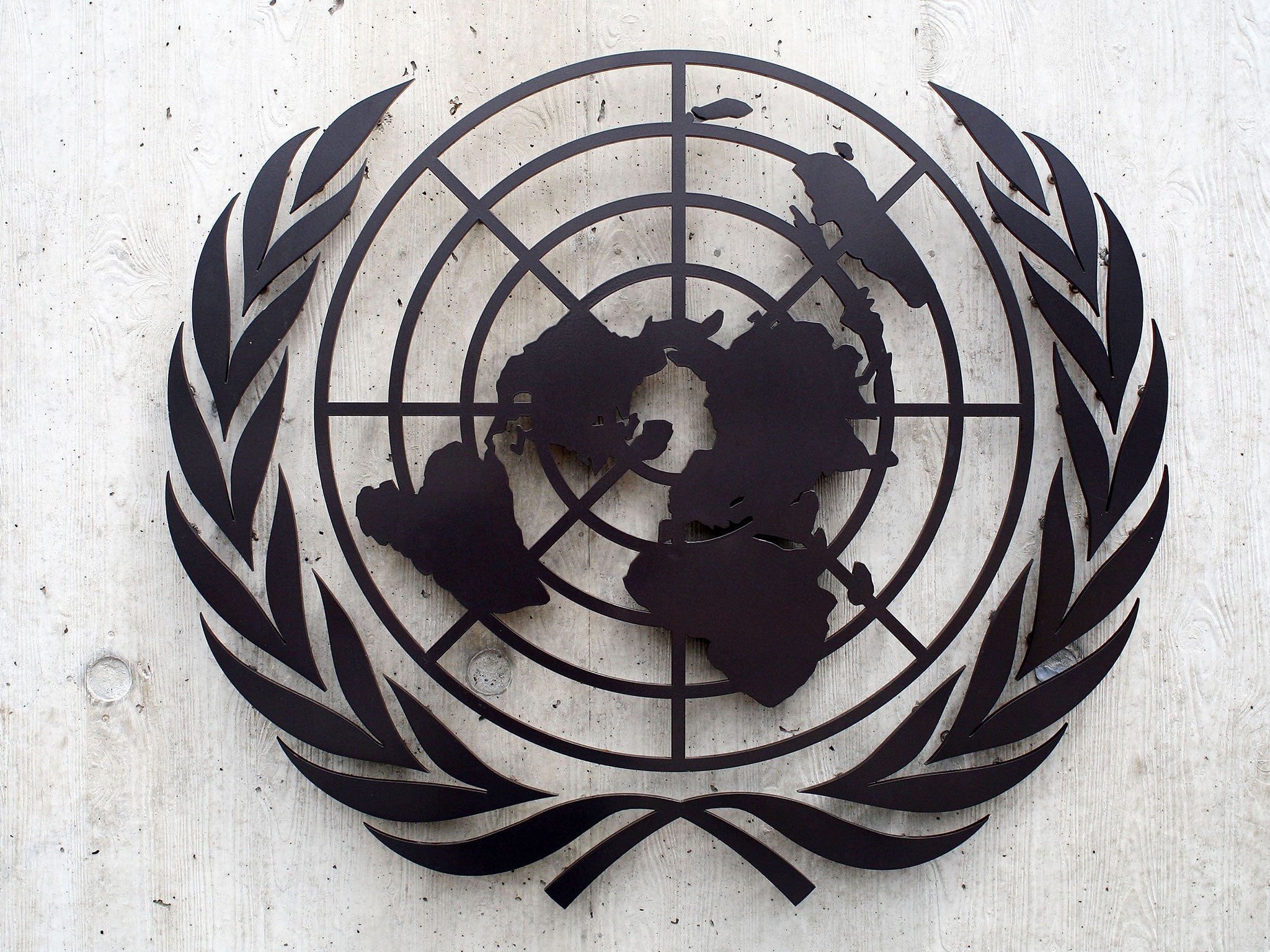UN hopes to end 'scourge of statelessness' within 10 years
As many as 10m people worldwide are stateless

The scourge of statelessness, which leaves some 10m people around the world deprived of a nationality and the basic rights that come with it, should be eradicated within the next decade, the United Nations will state today.
A campaign to end the problem which leaves millions unable to claim entitlements and services from the vote to education is being launched with the aim of persuading states to extend citizenship to minorities caught in a position legal limbo.
In an open letter endorsed by celebrities and opinion formers including Angelina Jolie, the United Nations High Commission for Refugees (UNHCR) has said an acceleration in countries signing two UN treaties seeking an end to statelessness means that a permanent solution to the issue could be within reach.
Nearly 50 countries have in the last three years acceded to the two conventions on statelessness - both first agreed six decades ago. The number of signatories now stands at 144, bringing a “critical mass” of the international community within reach, the UNHCR said.
At least 10m people worldwide, in locations from the Dominican Republic to Myanmar, are estimated to be stateless. The figure rises by a further 50,000 if children born after their parents fled the civil war in Syria are unable to be registered in either their native country or the nations offering them refuge. It is estimated that a child is born stateless every 10 minutes.
Antonio Guterres, the UN High Commissioner for Refugees, said: “Statelessness makes people feel like their very existence is a crime. We have a historic opportunity to end the scourge of statelessness within 10 years, and give back hope to millions of people. We cannot afford to fail this challenge.”
Statelessness has multiple causes, ranging from conflict to the arbitrary redrawing of state boundaries to discrimination against minorities. In 27 countries, women are denied the right to pass on their nationality to their children on the same basis as men, ensuring that statelessness is passed from generation to generation.
Some 600,000 former citizens of the Soviet Union remain without nationality following the fall of the Berlin Wall, while a court ruling in the Dominican Republic last year resulted in tens of thousands of citizens, the vast majority of Haitian descent, being stripped of their nationality.
The result of statelessness is exclusion, often from cradle to grave because the absence of a legal identity bars access to health services, education, employment and even the possibility of a death certificate, the UNHCR said.
Ms Jolie, a UNHCR special envoy, said: “Being stateless means you and your children having no legal identity, no passport, no vote, and few or no opportunities to get an education. Ending statelessness would right these terrible wrongs.
“But it would also strengthen society in countries where stateless people are found, by making it possible to draw on their energy and talents.”
The campaign, which will operate under the slogan “I Belong”, will focus on the fact that the power to end statelessness often resides in changes to legislation or constitutions.
The Ivory Coast last year changed its laws to allow some 700,000 people without nationality living within its borders to seek recognition. In 2008, Bangladesh recognised some 300,000 Urdu speakers made stateless when the country achieved independence in 1971.
The UNHCR has set aside £43m next year for projects to push for political change as well as seeking basic measures such as ensuring that every birth in a nation is registered.
Join our commenting forum
Join thought-provoking conversations, follow other Independent readers and see their replies
Comments